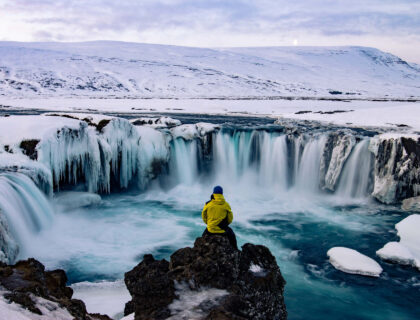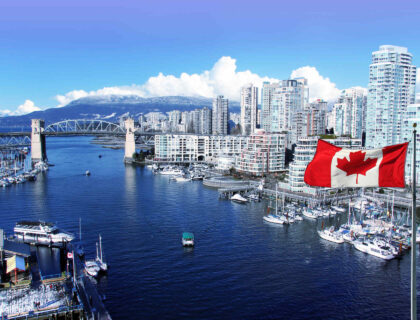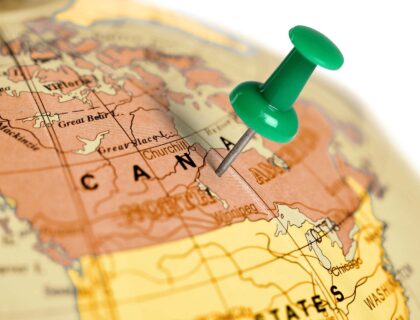

As a future expat, you probably already know that moving to Russia is a big deal. You are not only leaving your hometown, but you’re about to start over, quite literally, on the other side of the world. To make sure you’re well-prepared for moving overseas, we’ve decided to put together a few useful pieces of information.
What Types of Visas Are There And How Do You Get a Residence Permit
Can U.S. citizens move to Russia? Technically, yes. However, the process is so complicated that we’re sure many of them give up. However, if you’ve set your sights on moving abroad, here’s what you need to know:
- Work visa: if you’re moving for a job, you’ll need to obtain a work visa. In most cases, getting this document is a task of your employer rather than yours. Your responsibility, however, is to find an employer willing to help you immigrate.
- Student visa: if you plan to further your education at one of many Russian universities, you’ll need this type of permit. Being admitted to a school here is a necessary prerequisite.
- Temporary residence: this permit allows you to stay in Russia for up to three years without extending it. You have to apply for it personally.
- Permanent residence: this type of permit is not actually permanent. Instead, it is valid for five years, but it can be renewed an indefinite amount of time.
Unlike most countries, Russia also has the so-called “exit visas.” You can learn more about these and other types on the website of the U.S. Embassy in Russia.
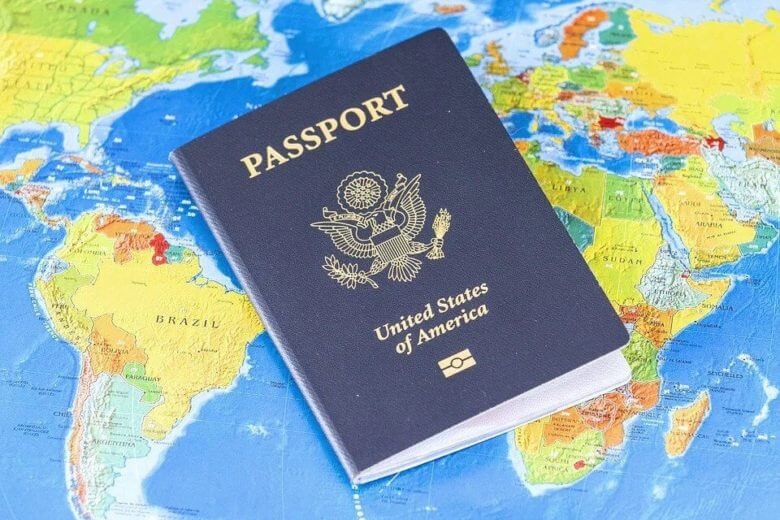
Is It Expensive to Live in Russia
This is a vast country, so the cost of living in Russia highly depends on where exactly you live. In general, however, it is considered affordable. For example, according to Numbeo, if you’re moving from Houston to Moscow, the capital, you will need half as much money to maintain the same standard of life you had back in Texas. A one-bedroom home downtown will cost you 65,000 rub (around $850). Living in communities smaller than Moscow is even more affordable.
How Much Does It Cost to Move to Russia
It isn’t easy to put a price tag on international moving. This highly depends on several factors, such as your starting location and final destination, the company you choose for international moving services, whether or not you’re shipping your car overseas, and so on. Our advice – contact international moving companies and ask for a free estimate. That way, you’ll be able to figure out your budget better.
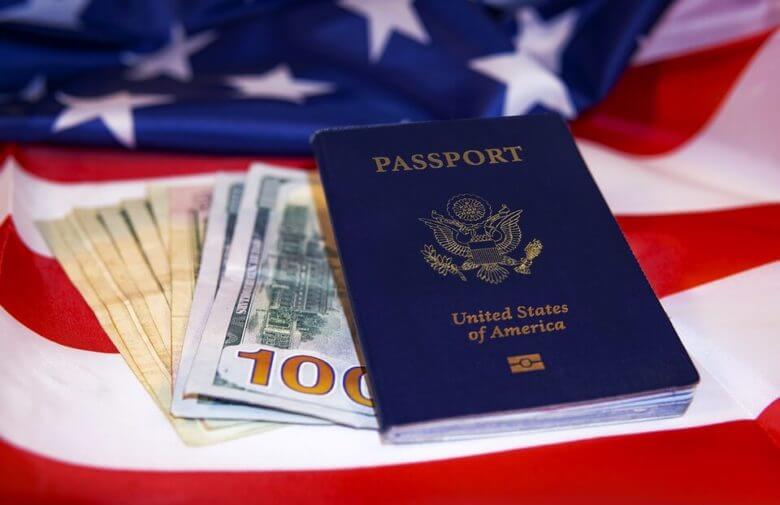
What Can People from the U.S. Do for Work
If there has ever been a good time to move here to start working, it is now. The most prominent industries in the country include the service industry, manufacturing, and metallurgy. Whichever sector you opt for, remember that your future company should take care of your work permit, so make sure to add that to the list of relocation questions to ask the employer.
Job Hunt in Russia: A Guide for a Future Expat
Most expats here are working in construction, energy, and maintenance. These positions offer great opportunities for advancement in the future. On top of that, traditionally, expat-friendly jobs, such as teaching English, are always an option. If you would like to begin your job hunt, we suggest checking SuperJob and HeadHunter for starters.

What About Taxes, Bank Accounts, Health Insurance, and Other Paperwork
If you thought that dealing with paperwork will be over once you get your visa, you thought wrong. To open a bank account, you’ll need any form of I.D. with a photo, a residence permit, and proof of address. For the last item, you can bring a utility bill. Depending on the type of account you want to open, you might have to present a reference from work.
Whether you obtain a residence permit or not, your income will be subject to taxes. As a non-resident, 30% of all your income from inside the country will go to taxes. As a resident, you will only pay 13%, but this will also include income from outside the country.
Health insurance is mandatory for non-residents, and it can either be paid by you or your employer. As a resident, you will be provided with free healthcare from public clinics. However, we strongly suggest obtaining private insurance as well.
Lastly, if you’re planning on using international car shipping services, your driver’s license will be one of the documents needed to travel abroad. However, it will only be valid in the first two months, so don’t forget to exchange it for a new, Russian one. When you do that, you will likely have to pass the theoretical exam, and maybe even the practical one. Both are conducted in Russian.

What Are the Best Cities in Russia for U.S. Expats
As an expat living overseas, you would probably like your new home to be in one of the large, somewhat westernized cities, and that is entirely understandable. Luckily, this country has quite a few of those:
- Moscow is the capital and the largest city. It is located in the European part of the country and has around two million non-residents.
- Saint Petersburg is claimed by many to be the most beautiful city in the world. However, aside from lavish architecture, the city also boasts strong trade, research, and industry markets.
- Novosibirsk is for those who would like to experience what it’s truly like living in Siberia. Be warned – it is much different from the cosmopolitan cities of Moscow and St. Petersburg.
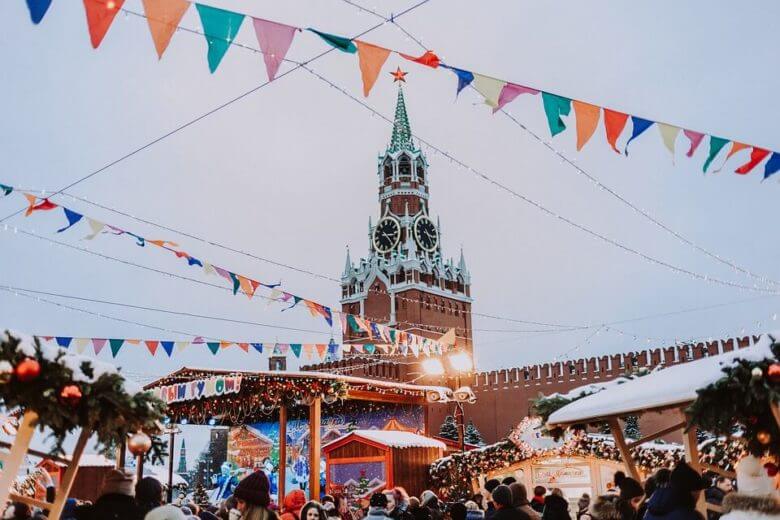
How Do You Save Yourself from Culture Shock
This nation might be vast and diverse, but it is still much different from the life you’re used to in the States. This means that you will likely experience a bit of a culture shock after relocating. But don’t worry – there are some things you can do to make the whole ordeal a little easier.
Start Learning Russian Ahead of Time
Russian is a difficult language to learn, especially for speakers of English. So you better start breaking the language barrier soon. For starters, check out some of the most common phrases you’ll hear locals say in the video below.

Living in This Weather Will Take Getting Used To
Don’t take the Russian climate lightly. It was precisely the notorious Russian Winter that saved this nation from Napoleon’s invasion in 1812. Nowadays, most big cities that expats flock to have bearable winters. For example, the capital rarely sees average temperatures below zero, although the record low is -43°F. In general, you can expect your winters to revolve around 20° and your summers around 65°.
Cold on the Outside, Warm on the Inside
Winter is not the only cold thing here. This country is rarely placed on the list of the friendliest countries in the world. The notion that Russians are unfriendly is, however, not precisely true. They are not too vocal about their feelings. Once you get to know them, you will realize that Russians are some of the most welcoming and pleasant people to be around.





